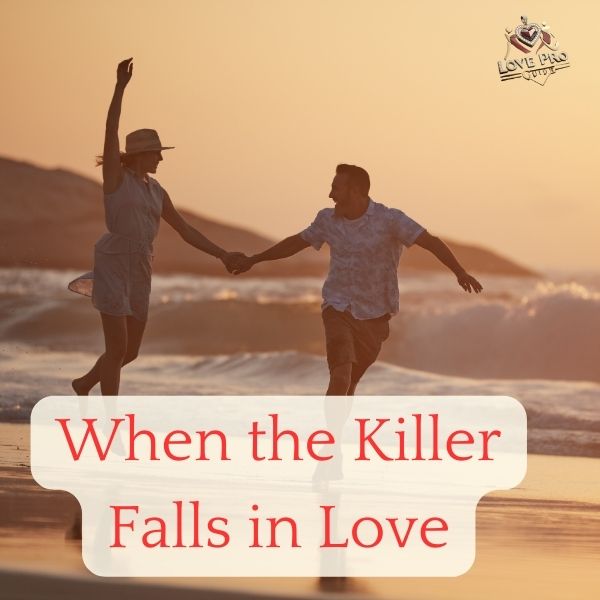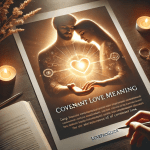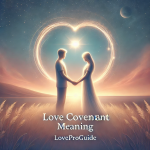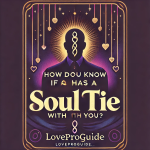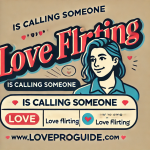Love is a powerful spontaneous emotion that can soften even the hardest of hearts. The actuality is that a killer: Even one of them can relate to this fact. A journey that is frequently transformational and most times a real challenge when someone who has led an existence filled with violence,
cruelty, excessive detachment suddenly feels deep emotion like love – the kind of true pure utmost human being connection. Writer Devon Keane gets into the fascinating question of the romantic relationship growing out from a killer while working through what implications this could have, for his psyche and emotions as well in terms of morals with us.
The Psychological Transformation
The human mind is complicated and the brains of such violent felons are no different. This specific psychological profile can describe many killers, including traits such as being a lack of empathy and heightened aggression issues etc. Safran said but love can also force some serious psychological changes. If you want to know more about When there is nothing left but love Read Online

The Impact of Love on Empathy
Love has the power to make even a heart of stone feel empathy. As a killer falls in with her mark, she begins to realize things are not as simple as they seem. This can grant you an enhanced perspective, allowing you to relate better with the emotions and tribulations of others. If you want to know about 5 Reasons why empathy is important in relationships. Click here
Love can also trigger the protective instincts which are enhanced with love and in turn, heighten these feelings exacerbating their perception of suffering for those who live around them.
The Struggle with Guilt and Redemption
Falling in love can make us feel guilty for what we did or said when they are not near. And, as the killer learns to care/shares in their partner’s human feelings and emotions – they themselves might grow a conscience about all wrongs done with others.
This inner turmoil can be the very thing that saves them – it pushes them to make amends, find redemption for their crimes and keep themselves from harming those they care about because of what lies deepest inside.
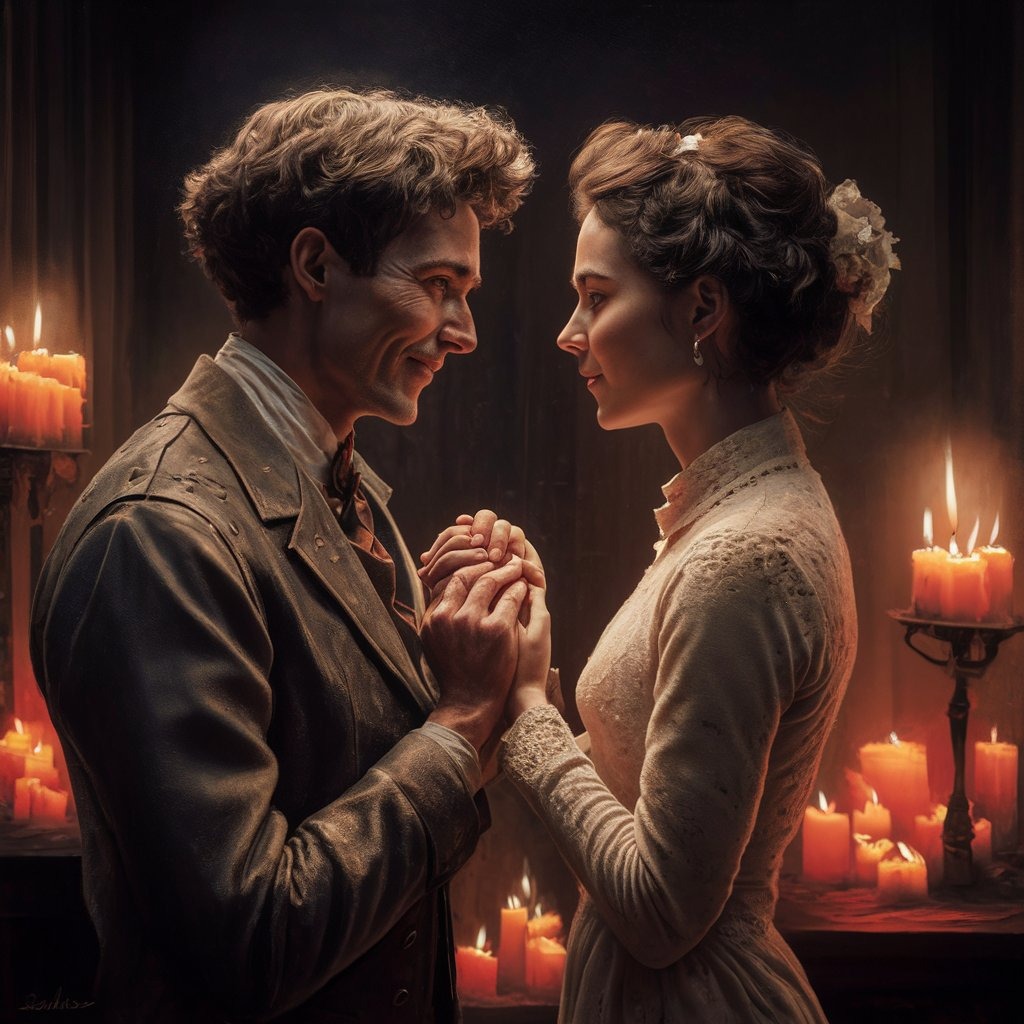
The Emotional Rollercoaster
Love is often described as a rollercoaster of emotions, and this is especially true for someone with a violent past. The intensity of love can amplify their emotional experiences, leading to heightened joy, fear, and even rage.
Can you fall in love with a killer?
Deciding that a sociopath has feelings in the first place is really subjective and not all can find “When the Killer Falls in Love” as an interesting premise, used through different forms of media (books, movies or tv shows) better than any other.
This is a story that will usually feature someone who kills for work or fun but ends up falling in love with another person. What causes such tension in these stories is the inherent violence of a killer colliding against their equally unconditional ability to love.
These narratives explore through the lens of human emotion, how love and darkness can exist in both breathing souls as well.
What happens when someone falls in love?
The idea of falling in love with a killer may seem unfathomable to many, yet it is a phenomenon that has occurred in real life and been depicted in fiction. Psychological experts suggest that some individuals may be drawn to the danger and mystery surrounding a killer, experiencing a thrill from the association.
Others may believe they can change or redeem the killer through their love. However, relationships with killers can be highly dangerous and psychologically damaging, often leading to tragic outcomes. It is crucial to understand the profound risks and emotional complexities involved in such relationships.
Who was the journalist who fell in love with serial killer?
Perhaps the most famous case of a journalist falling for a serial killer is that of Veronica Compton and Kenneth Bianchi, one half to the murderous duo known as the “Hillside Stranglers.”
Starting in the early 198-0s, when Compton was a young actor and writer aspiring to place work with film producers, she began exchanging mail from prison by Bianchi. Even though Bianchi had committed some heinous atrocities, the couple would develop an extremely romantic relationship.
Compton’s obsession with Bianchi they to try to kill someone in the same way that he did so she cab clear his name was ultimately responsible for her follow on conviction. This was a classic example of the dangerous and puzzling kind of appeal that some killers themselves can demonstrate at times.
Joy and Hope
Love can be a killer cocktail with life in itFor rest of the dosage day, one may thrive &Life blossom – like an intriguing breath It ultimately makes them feel connected to their person in a way they may have never felt purpose or security.
With hope and joy illuminating the way, they can create a different future for themselves than the one born in violence; and instead offer up bedrock of good will upon which to stand.
Fear of Loss
This fear of losing their loved one will be heightened as a killer. This fear is part them realizing they are capable of violence as others have shown, and partly collateral damage from decisions made long ago.
In other cases, due to their strong feelings for the killer and innate protective nature of a relationship, taking paranoid or controlling actions at an attempt keep that person safe.
The Rage Within
Love might put pressure on a killer to make a positive change, but it can also be a source of jealousy and rage. It may be difficult for the killer to avoid violence if love reminds them of the past times.
The killer is tempted to possess such love and do away with it or attain it for their own benefit. They might experience episodes when alternating between longing and fleeting moments of respite.
The Moral Dilemma
When a killer falls in love, they are often confronted with profound moral dilemmas. The desire to protect their partner and live a life free from violence conflicts with the reality of their past actions and the potential for future harm.
Choosing Between Love and Violence
An oppressive task for a love-sick killer is the call to move from their violence and begin anew with another in mind guided by compassion.
The choice between both answers is rarely so simple, for the killer has to negotiate everything within themselves while also thinking about if their partner was safe.
Seeking Forgiveness and Redemption
Another important aspect of the moral journey is pursuit, for forgiveness and redemption. The killer might struggle to absolve themselves for their past actions by directly trying to make right, or will dedicate the rest of his life working toward some good.
It is filled with struggles as the killer will live day by day carrying their guilt and action along those around him.act.
Related Images
Love can be a transformative force, even for those with a violent past.The protective instincts that come with love can lead to significant changes in behavior.The journey to redemption is complex and filled with emotional and moral challenges.
FAQ: When the Killer Falls in Love
1. Can love really change a killer?
Answer: Yes, love has the potential to bring about significant psychological and emotional changes in a person, even a killer.
2. What challenges do killers face when they fall in love?
Answer: Killers who fall in love face numerous challenges, including dealing with guilt and remorse for their past actions, managing intense emotions like fear and rage, and navigating moral dilemmas about their future behavior. They must also contend with the potential dangers that their violent past poses to their loved ones.
3. Can a killer find redemption through love?
Answer: While love can be a powerful catalyst for redemption, it is not a simple or guaranteed path. True redemption requires a commitment to change, taking responsibility for past actions, and making amends where possible. The journey to redemption is often long and fraught with difficulties, but love can provide the motivation and support needed to pursue it.
4. How can a partner support a killer in their journey towards change?
Answer: Supporting a partner with a violent past involves fostering open communication, setting healthy boundaries, and encouraging them to seek professional help if needed. It’s important for the partner to prioritize their own safety and well-being while offering support and understanding to their loved one as they navigate their complex emotions and moral dilemmas.
5. Is it possible for a killer to live a normal life after falling in love?
Answer: It is possible for a killer to strive for a more peaceful and fulfilling life after falling in love, but it requires significant effort and commitment to change. This includes addressing their violent tendencies, seeking redemption, and building healthy relationships. The process is challenging and may require ongoing support and therapy.
In conclusion, the journey of a killer falling in love is a complex and multifaceted one. It involves profound psychological, emotional, and moral transformations, driven by the power of love. While the path to redemption and a new life is fraught with challenges, love can serve as a guiding light, inspiring even the most hardened hearts to change and seek a better future.
